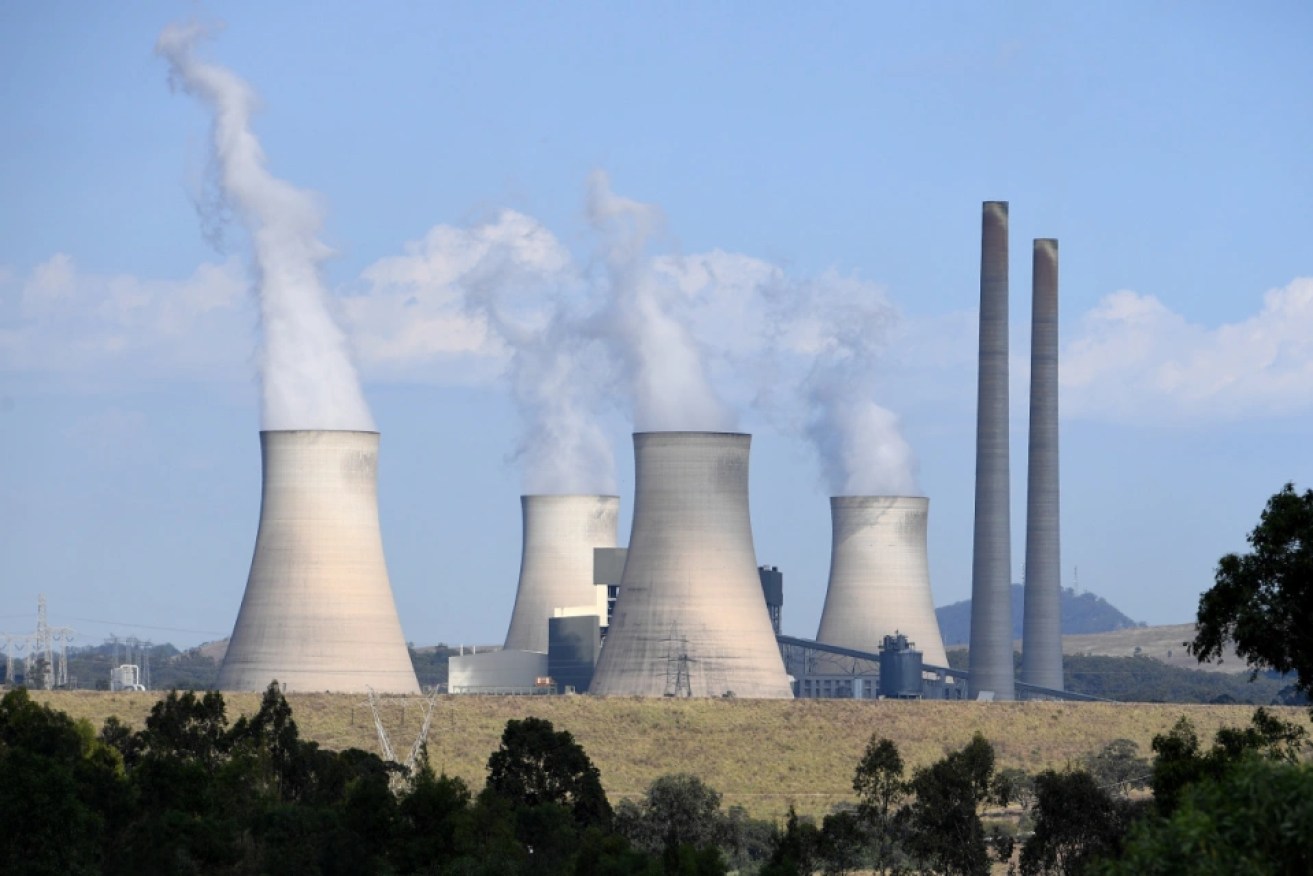‘Immense, urgent’: Australia falling short on climate

Climate events place increased strain on Australia's energy networks, the federal government says. Photo: AAP
Australia is falling short on its climate targets and must undertake significant heavy lifting to get back on track.
The federal government has committed to reducing emissions by 43 per cent of 2005 levels within the next seven years and reaching net-zero emissions by 2050.
But between 2022 and 2023, Australia increased emissions by four million tonnes.
It released a total 467 million tonnes into the atmosphere or 116 million more than allowable to reach the government’s goals, according to a report from the Climate Change Authority.
All this comes as 2023 shapes up to be the world’s hottest year on record.
Though Australia has made strides in its domestic climate policy, CCA chief Brad Archer says it isn’t enough.
“Australia is not yet on track to meet its 2030 targets,” he said.
“There is broad community support for strong action on climate change but delivering the changes needed … are immense and urgent.”
To achieve its goals, the nation will need to decarbonise at an average rate of 17 million tonnes a year and boost renewable energy investments so these sources make up 82 per cent of the energy grid by 2030.
“Renewables have been rolling out at a fast rate but we have to go even faster all around Australia,” Archer said.
Between 2015 and 2022, renewable energy generation more than doubled from 14 per cent to 32 per cent.
In the same amount of time it took to grow by 18 percentage points, renewable sources must now increase by 50 percentage points to reach the coveted 82 per cent target.
But the CCA’s report says addressing the emissions reduction shortfall is crucial, otherwise achieving more ambitious and essential targets down the line will become much harder.
Climate Change Minister Chris Bowen spoke to the report in parliament on Thursday and acknowledged government efforts “require a big lift” over the next seven years.
“While I am pleased with our progress, I am not yet satisfied,” he said.
“The key to the future health of our population and our planet is averting dangerous climate change.”
The government noted, agreed to, or agreed in principle to 39 of the CCA’s 42 recommendations.
However it rejected suggestions to implement a national ban on gas connections to new or existing homes and a fuel efficiency standard for heavy vehicles, or one for light vehicles that progressively reduces their emissions intensity to zero by 2040.
The government’s annual climate change statement, also delivered on Thursday, agreed that emissions needed to decrease at a faster rate.
But the statement noted it would take time for reforms – like the safeguard mechanism which legislates limits on emissions – to have an impact, with projections indicating Australia’s emissions will be 42 per cent below 2005 emissions in 2030, one percentage point below its target.
The statement also warned of the national security risks posed by climate change claiming it could fuel political instability, population displacement, food insecurity and civil unrest.
Australia is working with Pacific leaders as well as the US and UK on the security challenges from climate change.
Bowen and Assistant Minister for Climate Change Jenny McAllister plan to attend the UN climate change conference (COP28) this month.
– AAP








